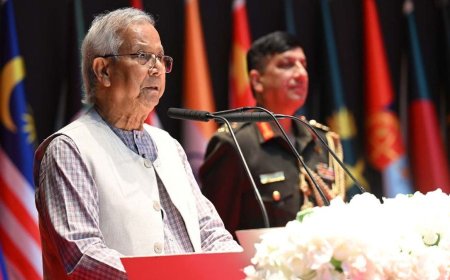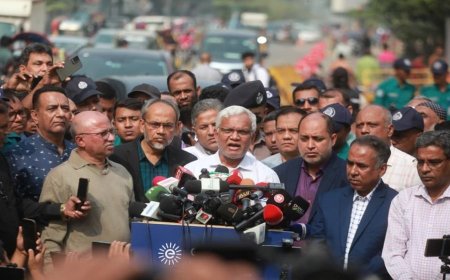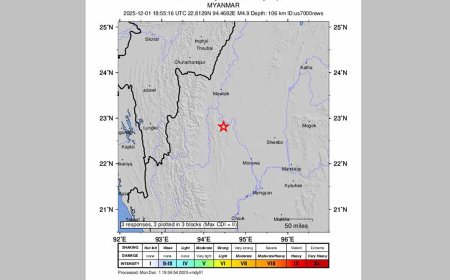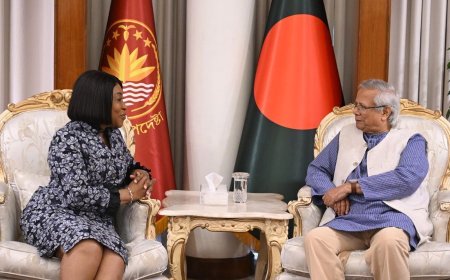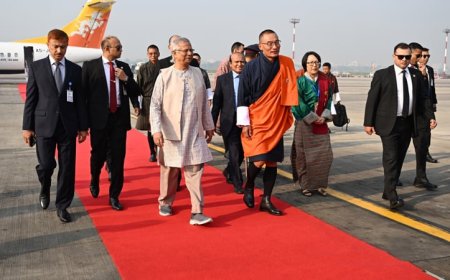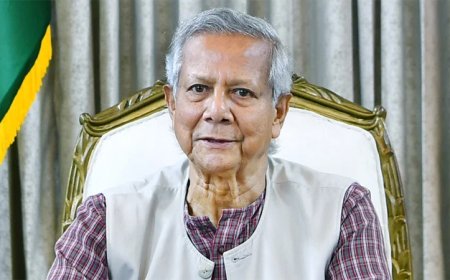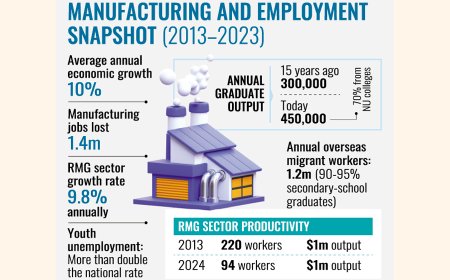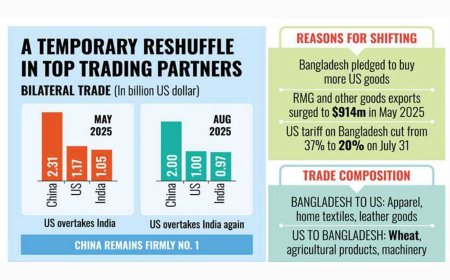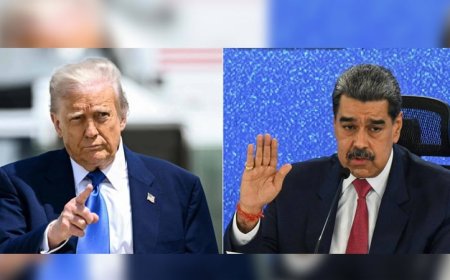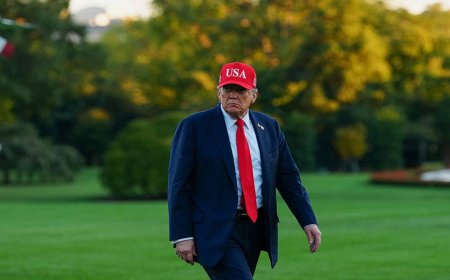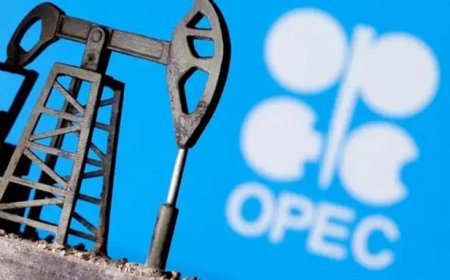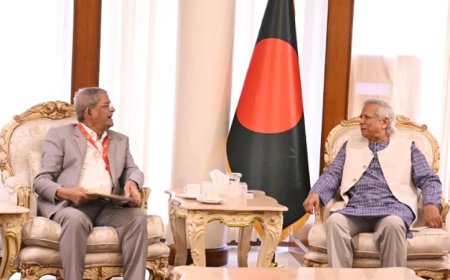The High Court has ordered the formation of a high-powered committee to review contracts with the Adani Group
The High Court has ordered the formation of a high-powered committee to review contracts with the Adani Group
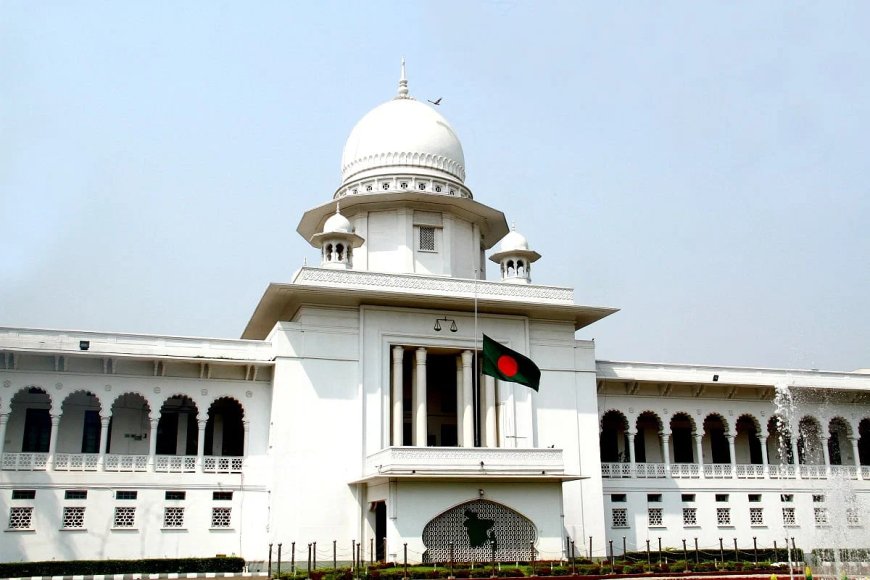
On Tuesday, the High Court directed the interim government to form a high-powered committee of international experts in energy, fuel, and legal matters to investigate the controversial power purchase agreement (PPA) signed with India’s Adani Power in November 2017 during the tenure of the now-deposed Awami League government.
The bench of Justice Farah Mahbub and Justice Debasish Roy Chowdhury ordered the Energy and Mineral Resources Division secretary to establish the committee within 30 days and submit a detailed report within two months. The court set February 25 as the date for further orders on the issue.
Additionally, the court instructed the chairman of the Bangladesh Power Development Board (BPDB) to provide any relevant documentation on the negotiations leading up to the November 5, 2017 agreement.
The court also ordered an investigation into whether proper procedures were followed in signing the deal and mandated that a report be submitted within 30 days.
This directive came in response to a public interest writ petition filed by Supreme Court lawyer Md Abdul Qaium Liton on November 12. The petitioner alleged serious irregularities in the agreement, which was negotiated under the direct supervision of then-Prime Minister Sheikh Hasina (who was also the energy minister) and Indian Prime Minister Narendra Modi. The petition claimed the deal violated Section 13 of the Procurement Act, 2006, which mandates transparent and competitive procurement processes, particularly by state entities.
During the hearing, the court stressed the importance of prioritizing Bangladesh’s national interests, urging India, as a neighboring country, to consider this issue as well.
The High Court issued a ruling asking government authorities to explain within four weeks why the BPDB-Adani (Jharkhand) Limited power purchase agreement, allegedly harmful to Bangladesh’s public interest, should not be declared illegal. It also sought clarification on why the agreement should not be canceled.
The respondents to the ruling include the BPDB chairman, the managing director of the Power Grid Company of Bangladesh, the chairpersons of the Bangladesh Energy Regulatory Commission and the Anti-Corruption Commission, as well as Adani (Jharkhand) Limited.
The Adani power deal has faced significant criticism for its potential negative impact on Bangladesh’s energy sector and its lack of transparency. Critics argue that the agreement, which allowed Adani Power to generate electricity from its 1,600MW Godda plant in India using lower-quality coal, was detrimental to Bangladesh. Adani charged Bangladesh for higher-quality coal while using coal with a calorific value of 4,600 kcal/kg, compared to the higher-calorific value of 6,322 kcal/kg that Bangladesh was billed for, leading to substantial cost discrepancies.
The deal has also been scrutinized for contributing to an increase in electricity prices by as much as 8 percent. In 2023, Bangladesh purchased power from Adani at Tk 14.02 per kilowatt-hour, while it bought electricity from India’s exchange market at just Tk 7.83 per unit.
The Adani power plant, built without public disclosure, was initially dedicated exclusively to supplying Bangladesh, but after the recent political changes and Sheikh Hasina’s resignation as prime minister on August 5, the Indian government allowed Adani to sell electricity domestically as well.
Energy experts, including M Shamsul Alam, vice president of the Consumers Association of Bangladesh, have called for a thorough review of the deal, criticizing its lack of competitive bidding and its apparent disregard for Bangladesh’s national interests. They argue that as procurement costs rose, the state-owned Power Development Board shifted the financial burden to consumers, forcing them to pay excessively high prices.
The High Court also dealt a blow to the controversial Quick Enhancement of Electricity and Energy Supply (Special Provision) Act, 2010, which allowed power deals to bypass competitive bidding. On November 14, the court invalidated two key provisions of the law that enabled opaque procurement processes and granted indemnity to officials involved in energy projects.
The court struck down Section 6(2), which allowed the Ministry of Power, Energy, and Mineral Resources to submit procurement proposals directly to the purchase committee with only the energy minister’s approval. It also nullified Section 9, which provided indemnity to officials from legal accountability, declaring it unconstitutional.
This ruling opens the door for a more transparent and accountable energy sector, allowing government authorities to review and potentially take action against contracts or decisions made under these provisions. The court’s judgment also allows for legal action against officials if corruption or irregularities are found.
The ruling, delivered in response to a writ petition filed by Shahdeen Malik and Tayeb-Ul-Islam Showrov on August 28, marks a significant development in Bangladesh’s energy governance. Senior lawyer Shahdeen Malik, the lead petitioner, argued that the indemnity provision led to a loss of Tk 1 lakh crore in public funds.
What's Your Reaction?








